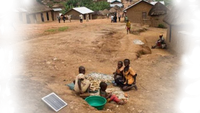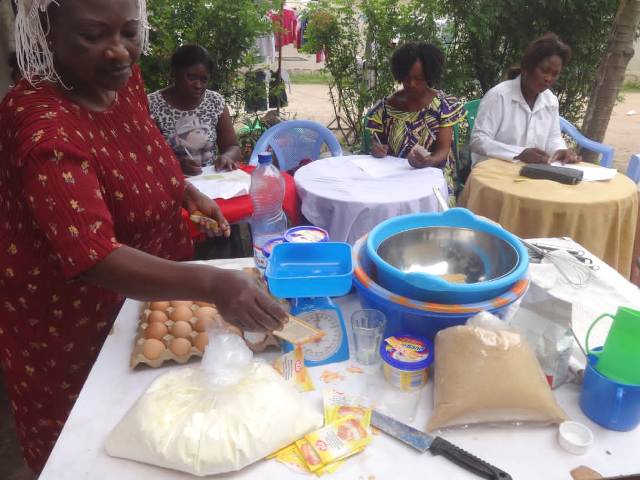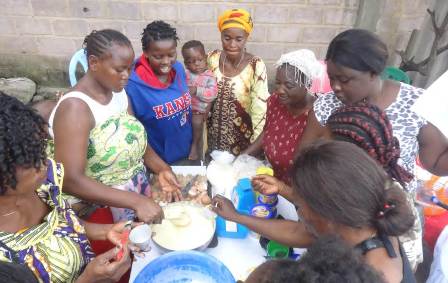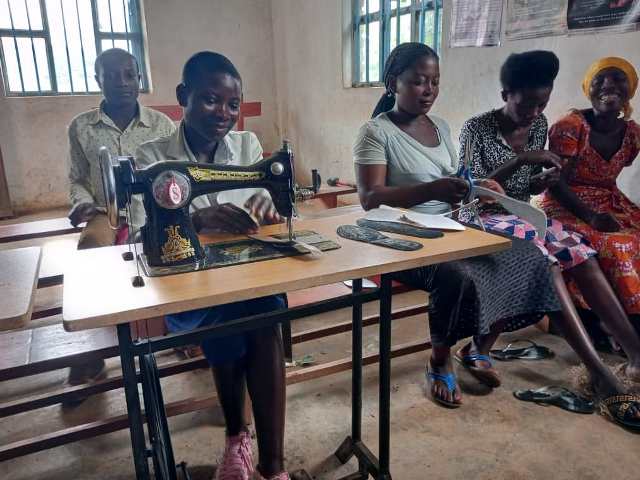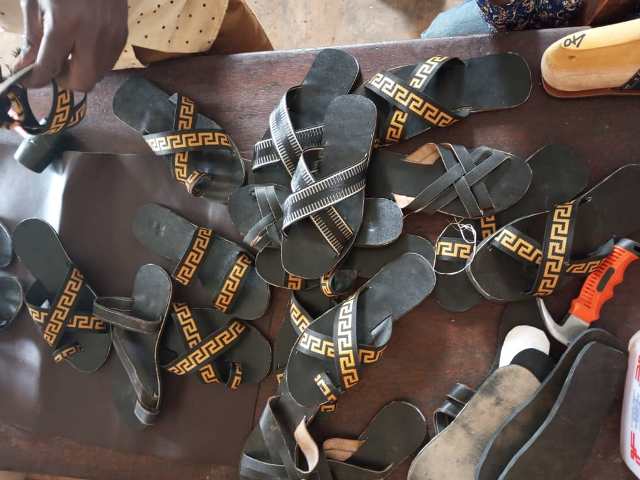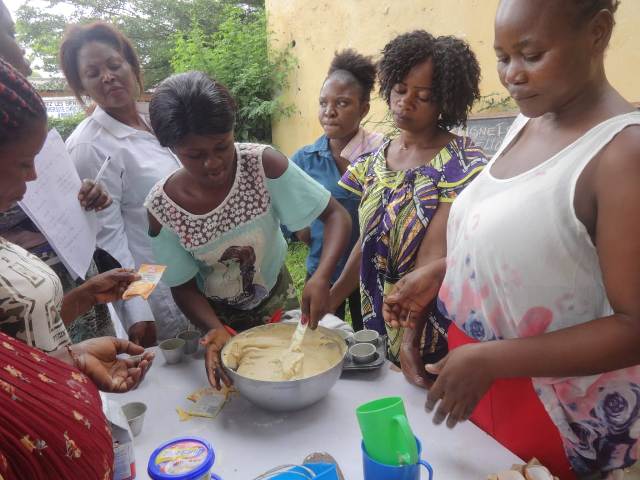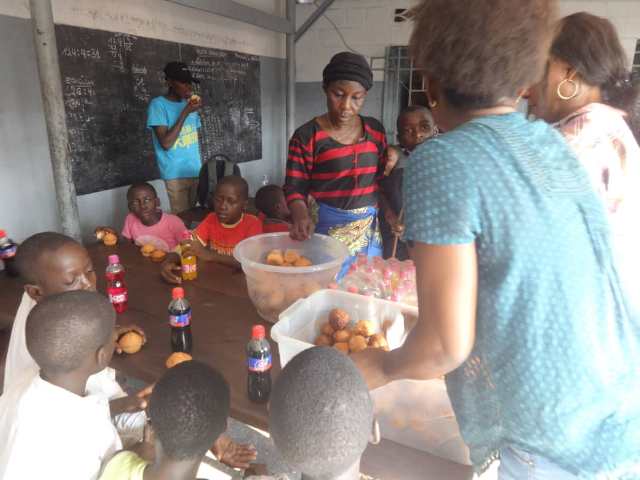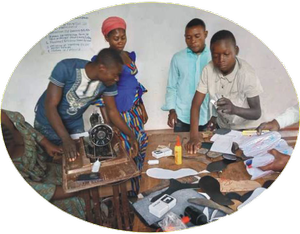Patient POLEPOLE
R ural areas are home to some 75 percent of the world's poor and are characterized by several decent work deficits: higher rates of unemployment and underemployment, especially among youth and women; limited social protection; 60 percent of child labor concentrated in agriculture; a prevalence of bonded labor in some contexts; barely 10 percent unionization; widespread informal activities; temporary or casual labour; poor working conditions; exclusion from the scope of labor law either by law or in fact, due to deficiencies in ratification and implementation and non-existent or weak labor inspection. Disadvantaged groups (such as women, migrant workers, indigenous peoples, lower castes) are particularly vulnerable to abuse. Rural areas also hold tremendous potential for economic growth, high returns, and productive, quality jobs and livelihoods.Many display significant “missed opportunities”, such as large shares of agricultural produce wasted due to lack of local processing, storage, marketing and transportation. Environmental concerns, food security and economic crises now give a sense of urgency to finding innovative ways and mobilizing the political and economic will and resources needed for action and collaboration.
The development of rural communities is a daily need for rural people all over the world and it can only be met through the empowerment of rural communities and their participation in development projects. Rural communities, particularly in the Democratic Republic of the Congo, are characterized by shortage of food, lack of access to education, lack of access to information and awareness, health facilities, among others. Community members should be supported through community empowerment and participation in development projects.
SITUATION IN RURAL CITIES
Nos enquêtes ont relevées qu’à milieu rural la situation de la pauvreté se présente comme suit :-
75% des pauvres sont en milieu rural
-
60% des enfants travailleurs en milieu rural
-
10% dans l'informelles
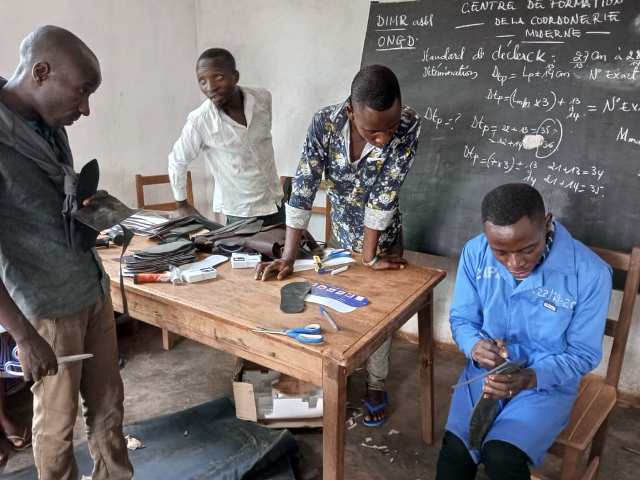 DIMR République Démocratique du Congo, formation en cordinnerie.
DIMR République Démocratique du Congo, formation en cordinnerie.
nous luttons contre la pauvrete en milieu rural
dimr_asbl © 2022. Tous droits réservés.
Ir. Prosper Kamase


